Picture this: You’ve spent years in your beloved home, and now it’s time to sell. You’re excited about the prospect of a new chapter but shocked when the appraisal comes in much lower than expected. What happened? Your home’s value has taken a hit, and you’re left wondering why. This post aims to shed light on the various factors that can do some serious damage to your home’s value. From neglected maintenance to environmental factors, understanding these elements can help you take preventive measures and make informed decisions.
Contents
Neglected Maintenance

Neglected maintenance tasks may seem trivial, but they can escalate into significant problems that severely impact your home’s value. A leaky roof or gutter, for instance, may start as a minor inconvenience. Yet, if left unaddressed, these issues can lead to water damage and even mold growth. The cost of remediation can be high, and the presence of these issues can scare off potential buyers.
But it’s not just the interior issues that can affect your home’s value; the exterior plays a crucial role as well. Cracked or peeling paint can make your home appear old and neglected, setting a negative tone for the rest of the property. First impressions are vital when selling a home, and a poorly maintained exterior can significantly lower your home’s market value.
Outdated Appliances And Systems
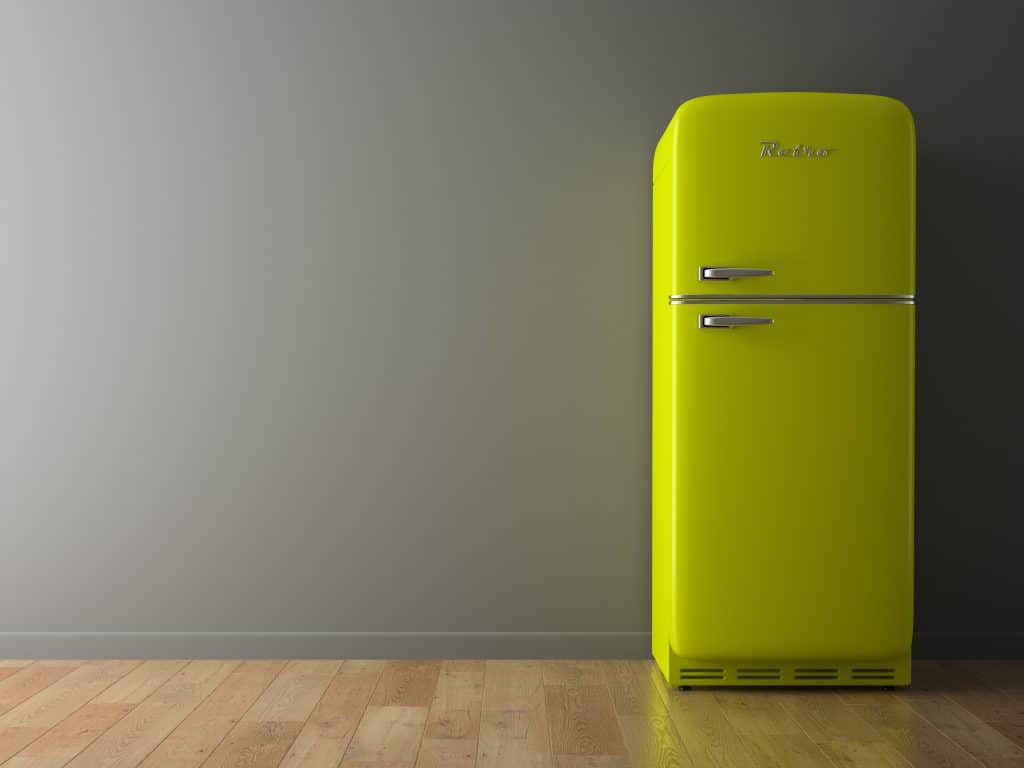
In today’s eco-conscious world, energy efficiency is more than a buzzword; it’s a significant selling point. Old HVAC systems not only lead to higher utility bills but also come with the risk of future costly repairs. When potential buyers factor in the expense of replacing an outdated system, they’re likely to make lower offers, affecting your home’s overall value.
The importance of modern amenities extends to the kitchen, often considered the heart of the home. Outdated appliances can be a major turn-off for today’s buyers, who are looking for the latest in convenience and technology. While your old avocado-green refrigerator might have sentimental value, it’s unlikely to attract modern buyers. Upgrading to newer, more efficient appliances can significantly boost your home’s market appeal, making it easier to maintain or even increase its value.
Neighborhood Decline
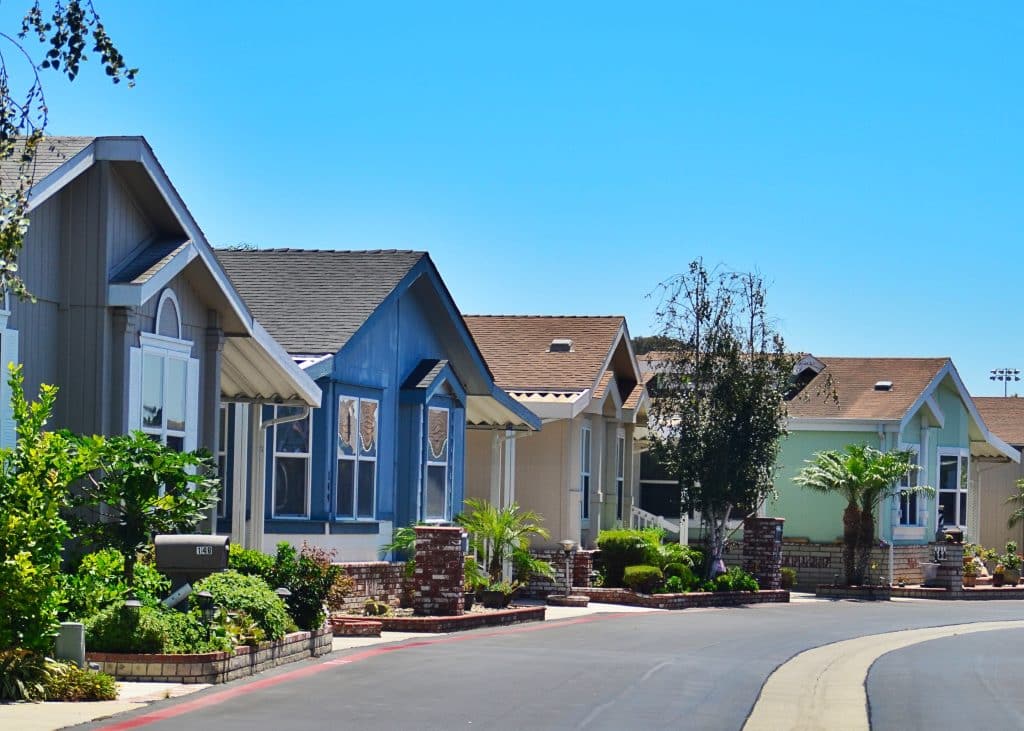
The value of your home isn’t solely determined by its walls and fixtures; the surrounding neighborhood plays a significant role as well. An increase in crime rates can make even the most charming homes less appealing. Safety is a top priority for most homebuyers, and a neighborhood’s reputation can either attract potential buyers or drive them away.
Public spaces like parks, streets, and community centers also contribute to a neighborhood’s overall appeal. Poorly maintained public areas can signal a lack of community involvement and local government support, which can deter potential buyers. A declining neighborhood can have a domino effect, causing not just one home but the entire area to decrease in value.
Problematic Neighbors
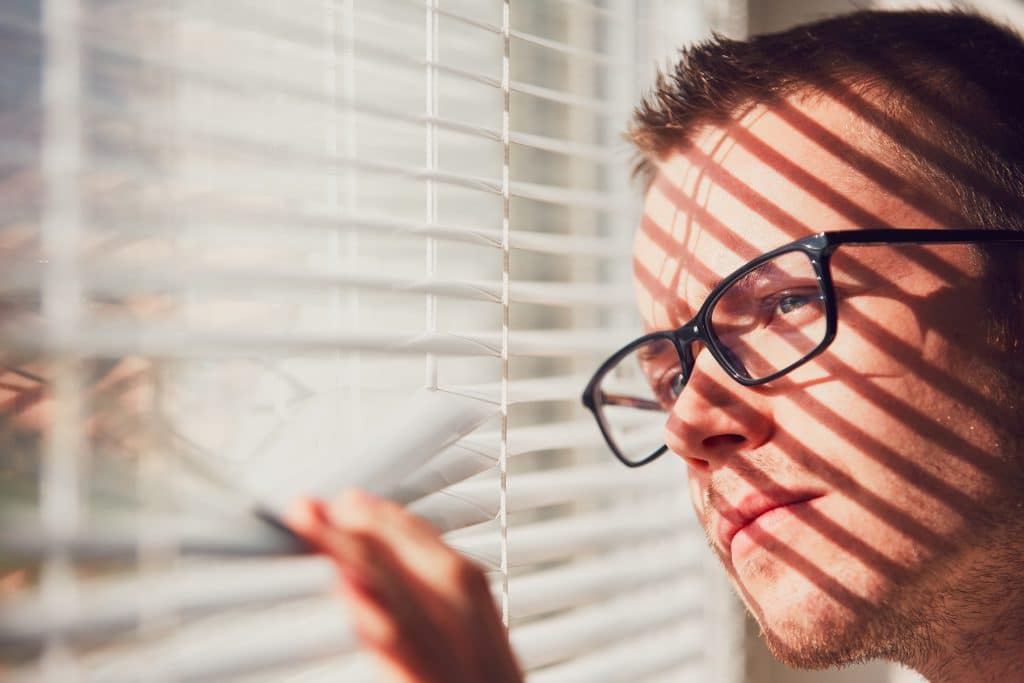
While you can control the state of your own property, the same can’t be said for your neighbors. Noisy or disruptive neighbors can be a significant deterrent for potential buyers. Excessive noise, especially during odd hours, can make an otherwise appealing home much less attractive and can lead to lower offers.
Similarly, unkempt properties in the vicinity can affect the perception of the entire neighborhood, including your home. Overgrown lawns, cluttered yards, or poorly maintained exteriors can make potential buyers question the quality of the area they’re considering. Even if your home is in excellent condition, the state of neighboring properties can significantly impact its market value.
Overpersonalization
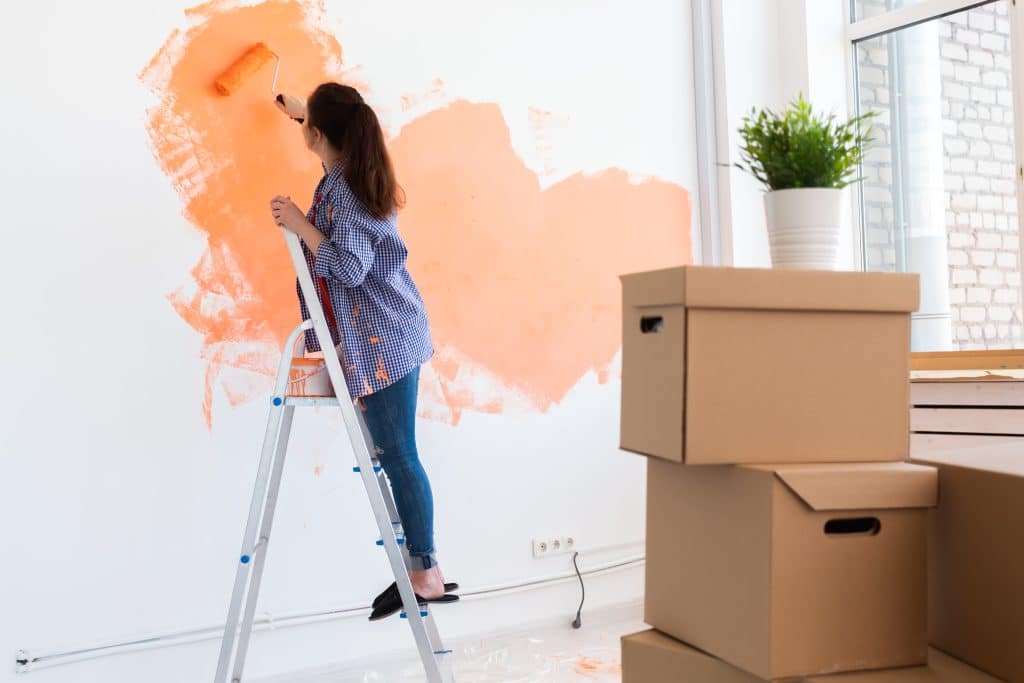
Personalizing your home is natural; after all, it’s your living space. However, what appeals to you may not appeal to potential buyers. Eccentric paint colors, custom fixtures, or themed rooms can make your home harder to sell. These highly personalized choices can limit the pool of interested buyers, as they may find it difficult to envision themselves in a space tailored to someone else’s tastes.
Furthermore, extreme renovations, like converting a bedroom into a home theater or installing an indoor pool, may seem like upgrades. However, not every buyer will see these as added value. In fact, such specialized rooms can even deter buyers who are looking for more traditional home features. The cost of reversing these renovations can lead to lower offers, affecting your home’s overall value.
Lack Of Curb Appeal
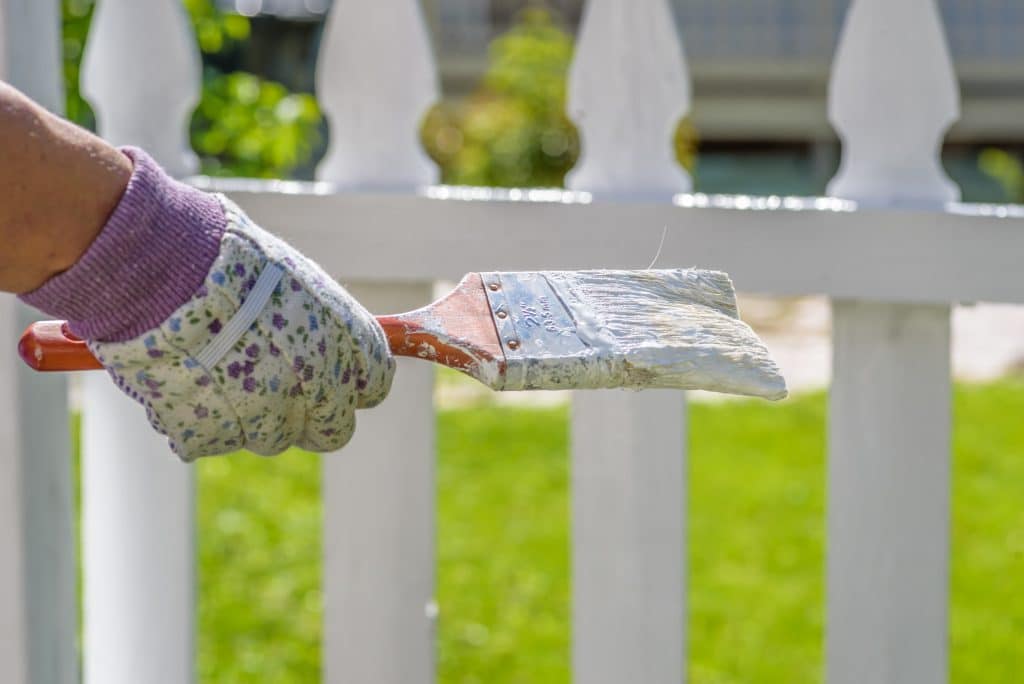
The exterior of your home is the first thing potential buyers see, and a lack of curb appeal can be a deal-breaker. Neglected landscaping, such as overgrown lawns or dead plants, can make your property appear uncared for. This initial impression can set a negative tone for the rest of the home tour, making it harder to secure a good offer.
Similarly, fading exterior paint or worn-out siding can significantly impact your home’s market value. These issues not only make your home less visually appealing but also raise questions about its overall maintenance. Investing in curb appeal can yield significant returns, making it a critical aspect of home value preservation.
Environmental Factors
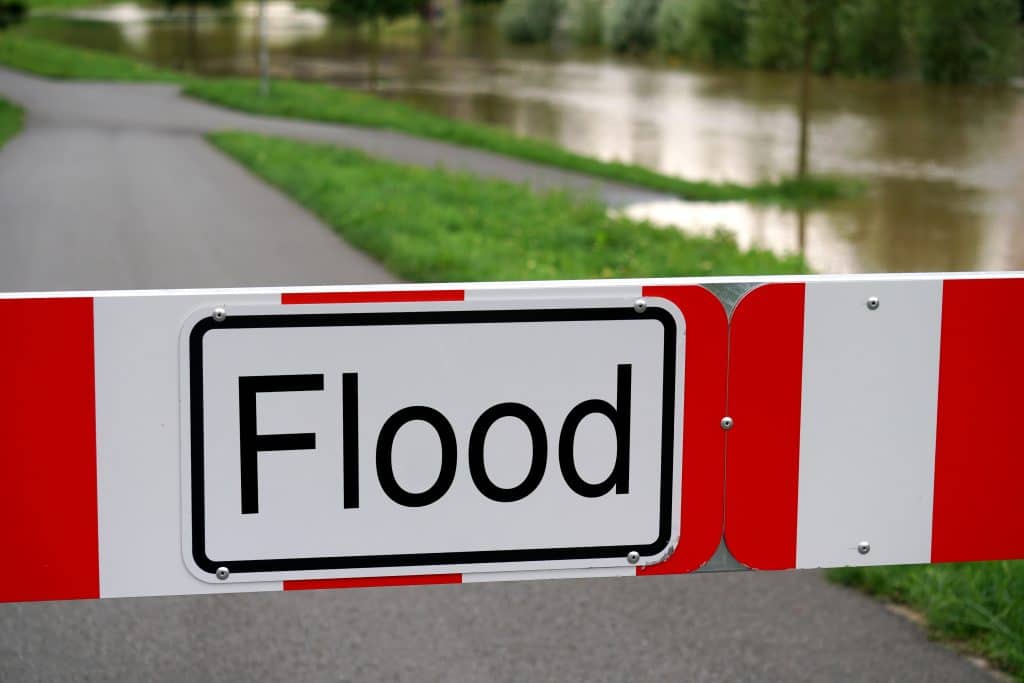
While you can control many aspects of your home, environmental factors are usually beyond your reach. Living close to industrial areas, landfills, or busy highways can introduce noise, smells, and pollution that are off-putting to potential buyers. These factors can significantly reduce the number of interested parties and, consequently, the offers you receive.
Natural disaster risks, such as flood zones or earthquake-prone areas, can also be a red flag for buyers. The potential for added insurance costs and the risk of property damage can make your home less appealing. While you can’t change your home’s location, being aware of these factors can help you set a realistic selling price.
Poorly Executed DIY Projects
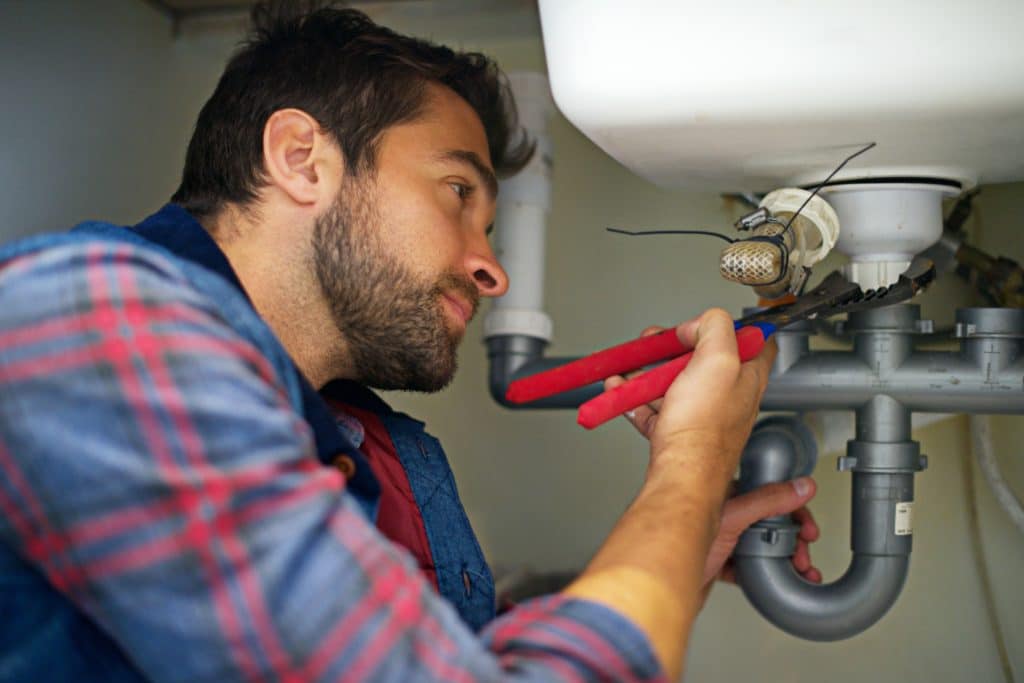
The rise of home improvement shows, and tutorials have empowered many homeowners to tackle DIY projects. However, poorly executed work can do more harm than good. Shoddy electrical or plumbing work can lead to safety hazards, requiring expensive professional repairs. These issues can be a significant concern for potential buyers, who may request concessions or lower their offers accordingly.
Incomplete renovations can also be a problem. While you may have had grand plans for that unfinished basement or attic, buyers see these as projects they’ll need to take on. The prospect of additional work and expense can deter buyers, leading to lower offers and a reduced home value.
Take Steps To Protect Your Home’s Value!
You’ve invested time, money, and love into your home. Don’t let easily avoidable pitfalls erode its value. Whether it’s keeping up with maintenance, updating appliances, or being mindful of your home’s curb appeal, small changes can make a big difference. Take the time to evaluate your property’s strengths and weaknesses and make the necessary adjustments. Your home is one of your most significant assets; protect it wisely!



